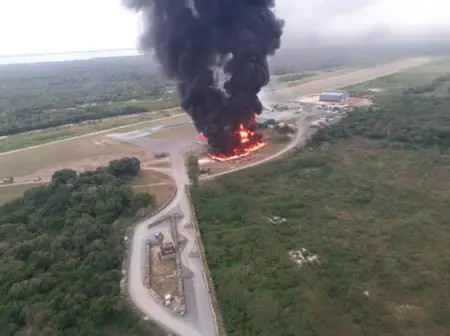“We are under invasion from within, no different from a foreign enemy, but more difficult in many ways because they do not wear uniforms. At least when they wear uniforms, you can take them away.”
The United States has long been a major security ally for Kenya, offering counterterrorism training, equipment, and intelligence support, especially in efforts targeting al-Shabaab in Somalia. Washington has also bankrolled the African Union Mission in Somalia, where Kenyan troops play a pivotal role.
But if President Trump’s remarks translate into actual policy, Kenya could see reduced U.S. involvement in counterterrorism across the region. The impact would be most pronounced in Somalia, where Kenyan forces depend heavily on American intelligence, funding, and training.
Trump has repeatedly called for the U.S. military to prioritize domestic defense, even floating the idea of using American cities as “training grounds.” He has also worked to reshape U.S. diplomacy by scaling back softer diplomatic tools in favor of hard power and military spending.
For partners like Kenya, this could mean less aid, stricter conditions, and a recalibration of U.S. engagement abroad.
Still, Washington’s military footprint in Kenya remains substantial. In August 2025, the U.S. unveiled plans for a Ksh1.29 billion ($10 million) runway at Camp Simba in Lamu County. The 10,000-foot airstrip will accommodate larger aircraft, including transport and surveillance planes.
Located in Manda Bay, Camp Simba has long been a key hub for U.S. forces in East Africa, supporting surveillance flights and joint operations with Kenyan security units.
The base gained international attention in January 2020, when an al-Shabaab assault killed three Americans, underscoring its strategic value.

Leave a Reply